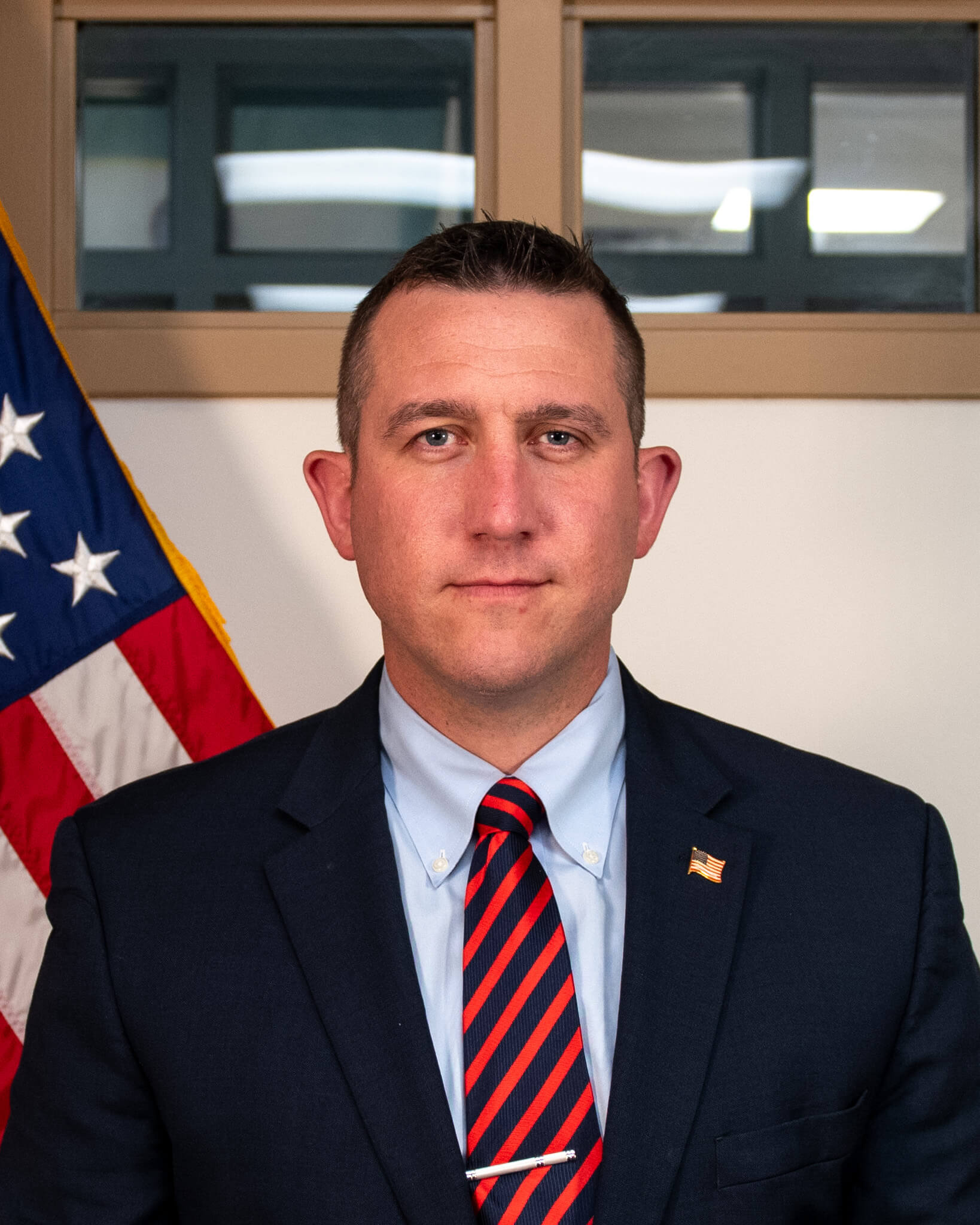Everything changed for Michael Brennan, Psy.D.’12, when a military recruiter walked into Adler University in 2007. What began as a casual conversation about service and mental health turned into something deeper. Dr. Brennan was taken by the recruiter’s conviction that psychologists could make a tangible difference in the lives of service members and veterans.
“I wanted to join the military, and I was interested in becoming a psychologist,” said Dr. Brennan, who was inspired by his uncle, a Vietnam veteran.
There was only one problem: Adler had no formal track for students interested in the field of military psychology.
Alongside two classmates, Dr. Brennan decided to launch the Military Psychology Student Organization, which spearheaded the effort to convince the University to develop a military psychology program.
In 2010, their efforts came to fruition, with the creation of the military psychology emphasis in the University’s Doctor of Psychology in Clinical Psychology program — becoming the first in the country offered outside of the military’s medical schools. Five years later, Adler launched the online Master of Arts in Military Psychology program.
Guided by Adlerian principles, students in the program examine military psychology through biological, psychological, sociological, and cultural lenses, gaining a holistic understanding of service-related experiences. Graduates, like Dr. Brennan, leave prepared to create meaningful impact across healthcare systems, veteran organizations, and government agencies, bringing advanced psychological training and cultural insight to both military and civilian contexts.
“Adler ‘s openness to dialogue and commitment to community psychology laid the groundwork for the new programs,” Dr. Brennan said. “They recognized that creating the program offered both opportunities and an alignment with the Adlerian mission of community psychology, which encourages practitioners to go where mental health services are most needed and to be an agent of change within these systems.”
Within the last two decades, Dr. Brennan has since continued to find ways to improve and expand access to mental health services for active-duty personnel, veterans, and their families — from the Eastern Afghanistan and Papua New Guinea to Chicagoland’s RUSH University Medical Center and the Great Lakes Naval Training Center.
Changing the culture of care
It’s not just Adler University that’s come a long way with military psychology. The military itself has taken great strides toward recognizing and normalizing mental health.
In 2012, Dr. Brennan became the first psychologist that was embedded in the 3rd Cavalry Regiment, a 4,500-soldier unit focused on striker and infantry missions
“I’ve seen what mental health looks like before, during, and after deployment,” he said. “In Afghanistan, there were only two of us covering around 15,000 personnel in the eastern region, which was one of the most active and demanding areas at the time. It was the most challenging and rewarding period of my life.”
According to the Military Health System, mental health diagnoses in active-duty members and veterans have almost doubled from 2019 to 2023, with anxiety disorders and post-traumatic stress disorders being two of the top diagnoses.
As much as it was rewarding, it was challenging. Working in such high-stakes conditions meant long hours and emotional exhaustion. Dr. Brennan and his partner were addressing issues related to relationship difficulties, sleep issues, high stress, and the difficulties of reintegration after deployment.
“Our focus was on building relationships,” Dr. Brennan said. “We had to earn trust so soldiers felt comfortable coming to us to talk about emotions in a culture built around combat readiness. That’s where the real breakthroughs happen.”
Global impacts and personal tolls
In addition to Afghanistan, Dr. Brennan’s service has took him in other parts of the globe, including Papua New Guinea, where he trained local military personnel on psychological first aid and mental health support.
“Rather than imposing our systems, we practiced Adlerian leadership, working collaboratively to understand their culture and traditions,” Dr. Brennan said. “That’s how sustainable, community-rooted system change begins.”
Dr. Brennan and his team met with the country’s leaders, as well as the military leaders, to establish mental health practices and resources tailored to the country’s needs.
But even the most rewarding missions come with personal costs.
“I saw 70 people a week when I was in Afghanistan,” he shared. “I was burned out when I came back, and that took a toll on my family, my kids. Transitioning back to everyday life was difficult.”
After completing his time in active duty in 2016, Dr. Brennan continued his commitment to veterans’ mental health stateside. He joined the Army National Guard and later worked at RUSH University Medical Center’s ROAD Home Program, a nationally recognized program specializing in the treatment of veterans and their families.
Today he serves as a clinical psychologist at Great Lakes Naval Training Center, where he provides mental health care to service members in the earliest stages of their military careers.
“It’s an incredible opportunity to help shape the next generation of service members and support them before the challenges of deployment even begin,” he said.
The future of military mental health
Dr. Brennan’s journey from a student envisioning a new path at Adler University to a leader in reshaping a new era in military mental health across the globe reflects the transformative power of education grounded in purpose.
“The Air Force, Navy, and the Army all have health profession scholarship programs that train psychologists not only in clinical care but in the culture and structure of military life,” he said. “They prepare you to be a mental health practitioner who understands the systems, the language, and the realities of service.”
Every year, several Adler University students are awarded the HPSP scholarship.
For Dr. Brennan, his philosophy directly connects to Adler’s mission and values.
“That’s where the Adlerian foundation really shines,” he said. “If you want to be an effective mental health provider, you have to immerse yourself in the community you serve. When you do that, you can reduce barriers to care and increase access for those who need it most. That’s exactly what military psychologists strive to do every day.”
